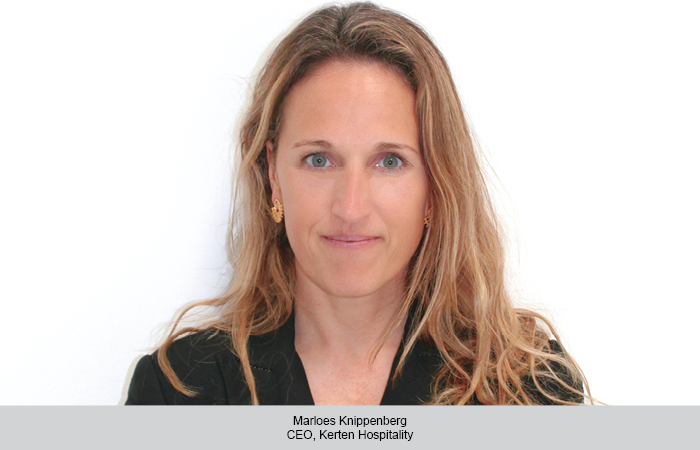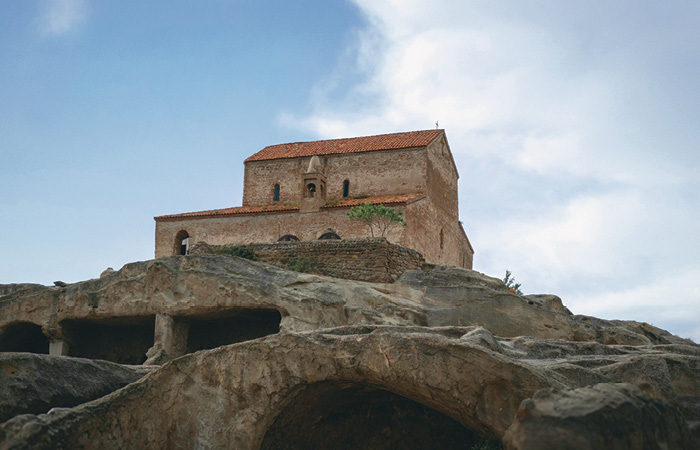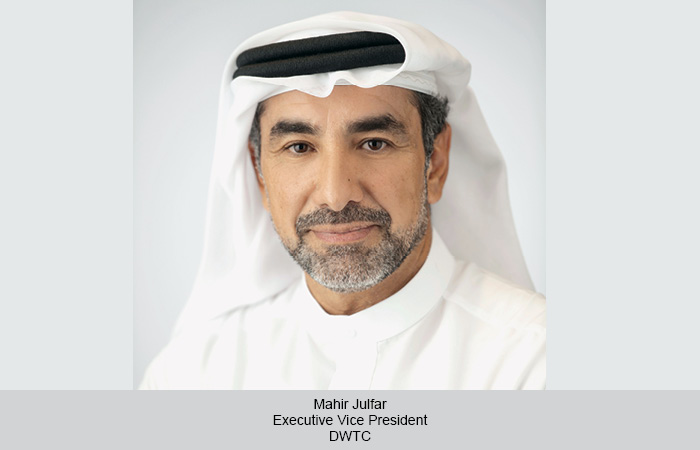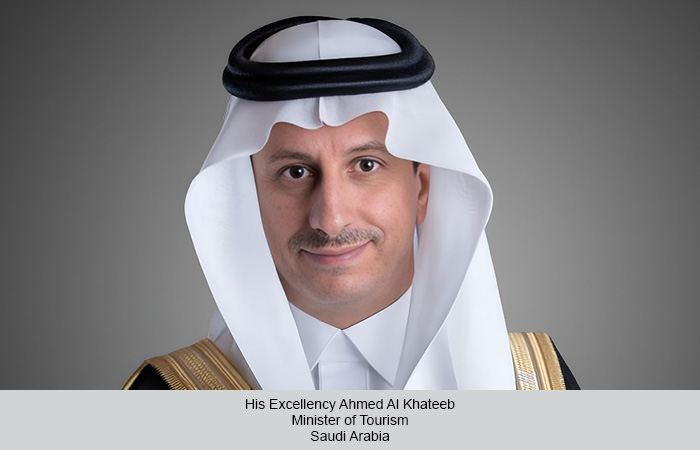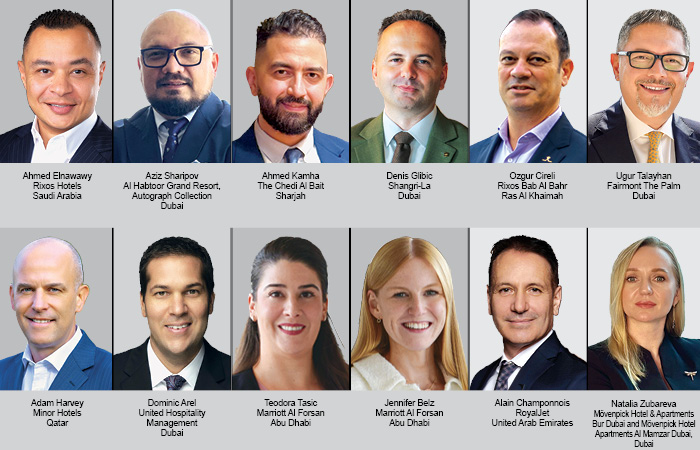The Middle East region has been rapidly expanding its luxury offerings over the past few years in terms of hospitality. The region has the most affluent travellers who seek premium services. In an interview with TRAVTALK, Marloes Knippenberg, CEO, Kerten Hospitality, shares her views on the rise of demand for luxury hospitality and the way forward.
TT Bureau
Do you see a rise in luxury hospitality in the region?
Absolutely, the luxury segment in Middle East hospitality is expanding rapidly, fuelled by economic growth and an increasing number of affluent travellers seeking exclusivity and premium services. This region is becoming synonymous with opulence, from state-of-the-art hotels to sumptuous resorts. Luxury here is more than grandeur; it reflects cherished cultural values of generous hospitality and high esteem for guests. The economic landscape of the region is thriving, with substantial growth leading to an increase in wealth and disposable income. This economic prosperity is attracting high-net-worth individuals who seek out the exclusive and bespoke experiences that luxury hospitality offers. The demand for luxury hospitality is bolstered by the region’s strategic efforts to position itself as a premier global destination for tourism and business. Events like international conferences, exhibitions, and cultural festivals further drive the need for high-quality accommodations. These activities not only boost the luxury hospitality market but also showcase the region’s capability to host world-class events, thus attracting more international visitors.
In addition to physical luxury, there is a growing emphasis on personalised services; from bespoke travel itineraries to personalised dining experiences. This personalised approach not only enhances the guest experience but also sets a new standard in luxury hospitality, ensuring that every aspect of a stay is meticulously tailored to the guest’s desires.
How important is it to have women leaders in hospitality?
It’s crucial to have women at the helm in hospitality. Diverse leadership means fresh perspectives that spark innovation and drive progress. Women bring empathy, teamwork, and resilience—essential traits for fostering strong, inclusive workplace cultures. I look forward to a time when we no longer speak of ‘male’ or ‘female’ leaders—just leaders. A time when women will not have to fight for their seat at the table but are heard as equals. Promoting women into leadership roles is not just about filling quotas or being politically correct; it’s about leveraging the full spectrum of human talent to create more dynamic, responsive, and successful businesses. It’s about moving beyond the need to assert women’s capabilities through slogans to a time when gender parity is reflected naturally in the composition of leadership teams.
The goal is to reach a point where leadership is synonymous with capability and influence, devoid of gender prefixes, and where every individual has the opportunity to aspire to and achieve their fullest potential.
In keeping with Vision 2030, how does Saudi attract younger generation to step into hospitality?
Vision 2030 is a game-changer for attracting young talent to hospitality in Saudi Arabia. It emphasises economic diversification and opens up dynamic prospects in hospitality. By promoting the sector’s potential for career growth and entrepreneurship, we can captivate young Saudis. Programmes such as internships and mentorships complement this, tapping into their aspirations and aligning with the vision’s focus on cultural exchange and tourism enhancement. We also spotlight sustainability and social responsibility, resonating with the values of the young, environmentally conscious Saudis eager for meaningful careers.
 TravTalk Middle East Online Magazine
TravTalk Middle East Online Magazine
